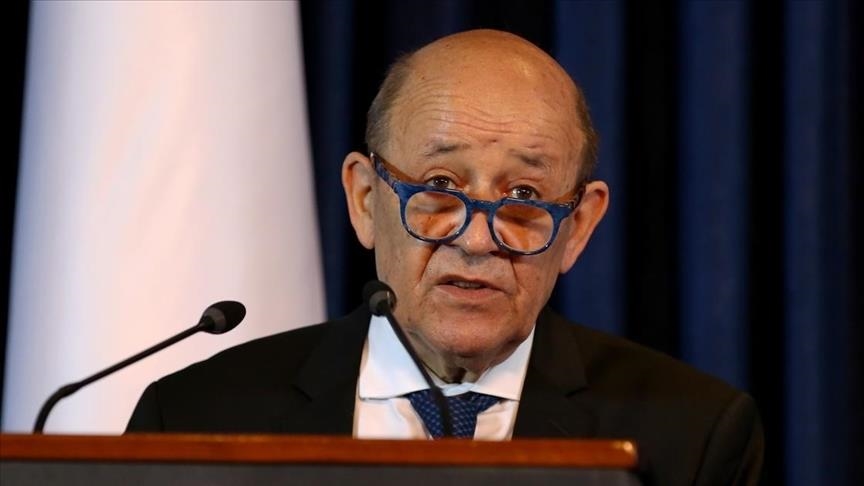Through its Ministry of Health, Nigerian authorities have launched a set of guidelines for organ and tissue transplant across the nation. The latest development on Thursday aims to curb the unethical practices carried out, prevent exploitation, organ sales and to be in line with international norms.
Nigeria’s insecurity came with its own thorns in the lives of Its fellow citizens.
Since secirity deteriorated in 2010, kidnappings for ransom, killings, looting, human and organ trafficking have been a phenomenon.
The government to end this malpractice has launched comprehensive standards and guidelines for organ and tissue transplants across the national territory. The move on Thursday, aims to regulate a sector plagued by ethical concerns and exploitation, according to the health minister, Iziaq Adekunle Salako.
The new guidelines seek to establish transparency and adherence to international best practices in Africa’s most populous country while explicitly prohibiting organ sales.
Additionally, despite medical expertise, Nigeria’s organ transplant system is hampered by donor shortages, cultural issues and weak laws that fuel ethical concerns and increase the risk of trafficking. In that vein, the Minister of State for Health indicated that the new framework encompassed kidney, liver, bone marrow, cornea, gamete and embryo donation, storage, and surrogacy.
Jimoh Salaudeen, director of hospital services at the health ministry explained that « Nigerian victims from poor backgrounds are targeted by criminal cartels, luring them with money or false promises of a better life ».
The new set of rules aim to build a system based on voluntary donation and transparent allocation, safeguarding vulnerable populations from exploitation, reaffirmed Salako in his statement.

















